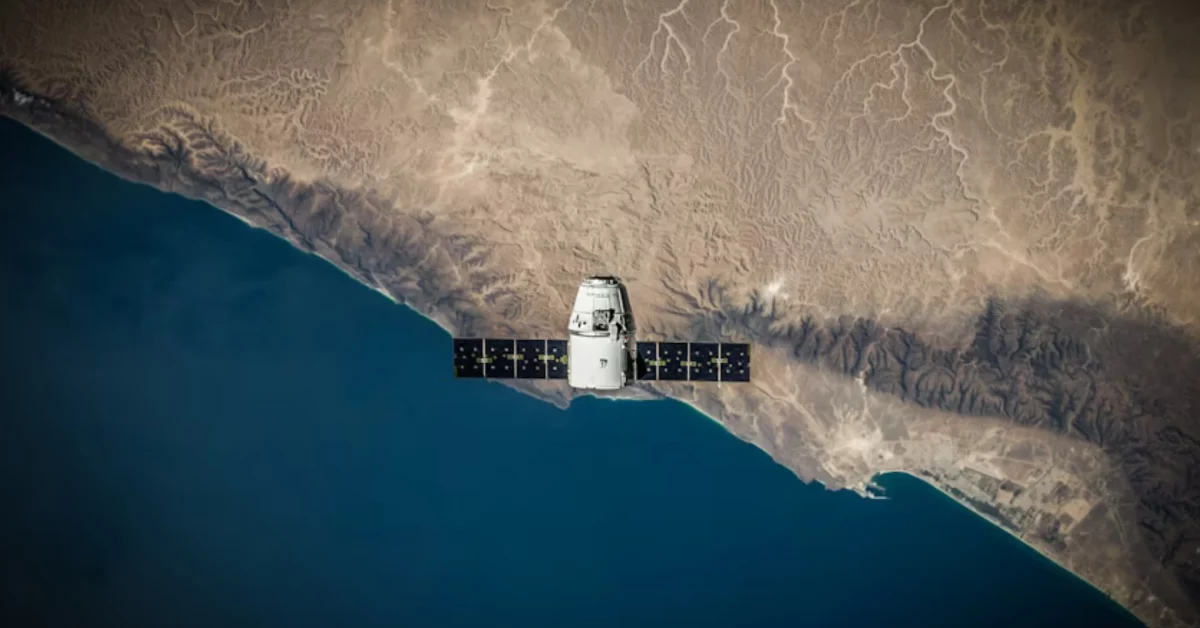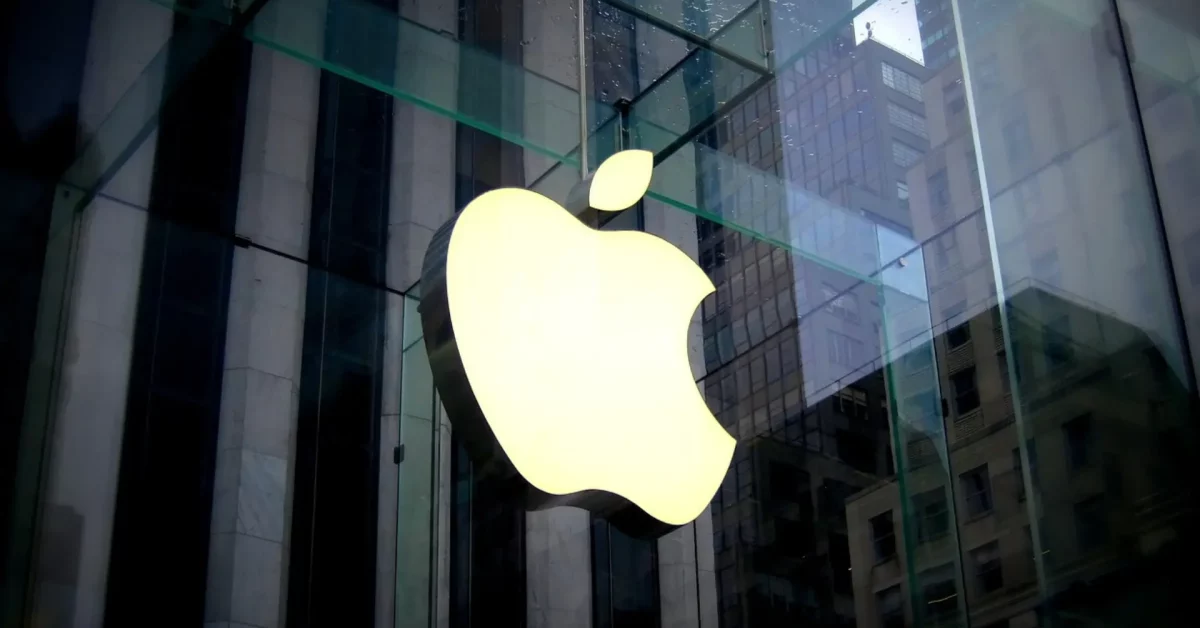
Pakistan, EU Reinforce Ties Across Key Sectors
November 26, 2025
Mashreq Bank Launches Profit Current Account Pakistan
November 26, 2025Global Satellite Operators Await Pakistan Approval for Broadband Launch
Major satellite firms including Starlink, Amazon Kuiper, and OneWeb are waiting for regulatory clearance to operate in Pakistan. Officials say delays at the Pakistan Space Activities Regulatory Board (PSARB) are holding back high-speed connectivity, affecting IT, maritime, and disaster-response sectors. Industry representatives stress that without clear rules, Pakistan risks falling behind regional peers in digital infrastructure.
Read more: Pakistan Launches Satellite Internet for Digital Growth
Global satellite operators such as Starlink, Amazon Kuiper, OneWeb, Shanghai Spacecom, and Galaxy Space remain unable to begin services in Pakistan due to pending regulatory approvals. Officials confirmed that the Pakistan Space Activities Regulatory Board (PSARB) has yet to finalize space rules and issue landing rights, a prerequisite for the Pakistan Telecommunication Authority to grant service permissions.
The delay comes as Pakistan struggles with weak internet coverage, congested networks, and aging infrastructure. Despite claims that 76% of the population is online, suburban and smaller urban areas face unreliable service. Copper-based broadband lines deliver less than 8 Mbps, while fibre deployment remains limited to select neighborhoods in major cities.
Industry experts warn that bottlenecks in Right-of-Way approvals and limited spectrum allocation have already slowed 4G expansion and stalled 5G trials. “Peer economies have adopted streamlined, low-cost RoW rules, but Pakistan continues to face inconsistent charges and slow procedures,” one telecom representative noted.
Officials say once PSARB completes technical assessments, satellite operators will be able to provide services, potentially transforming connectivity in underserved regions.





